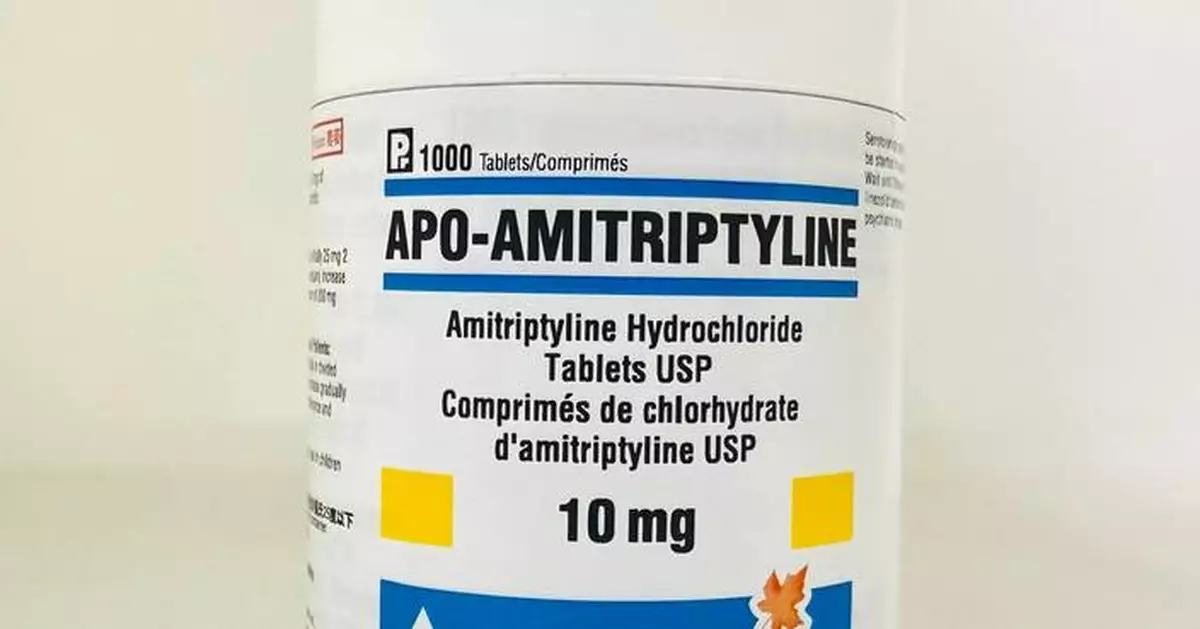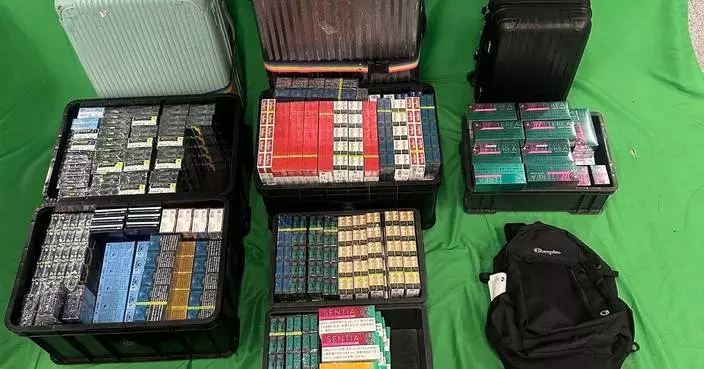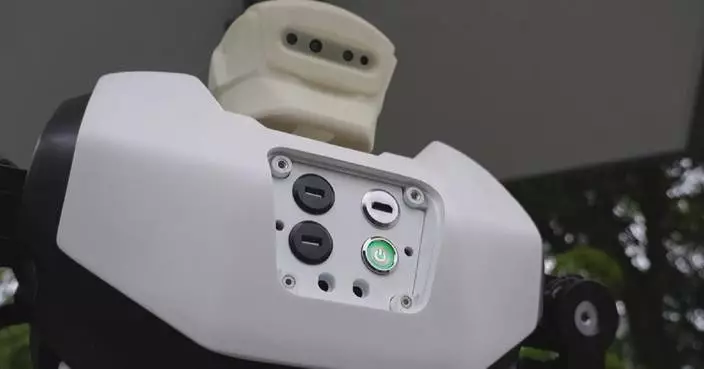Batch recall of two products of Apo-Amitriptyline tablets due to presence of impurity
The Department of Health (DH) today (October 18) endorsed a licensed drug wholesaler, Hind Wing Co Ltd, to recall a total of 14 batches of the following two products from the market as a precautionary measure due to the presence of impurity in the products.
Name of product
Hong Kong registration number
Batch number
Apo-Amitriptyline Tablets 10mg
HK-09273
RN6384
RR0266
RV1644
RW8597
TA6008
TF8585
TF8587
TF8589
Apo-Amitriptyline Tablets 25mg
HK-09274
RM8130
RR0781
RV1656
RW8691
TA6062
TF8602
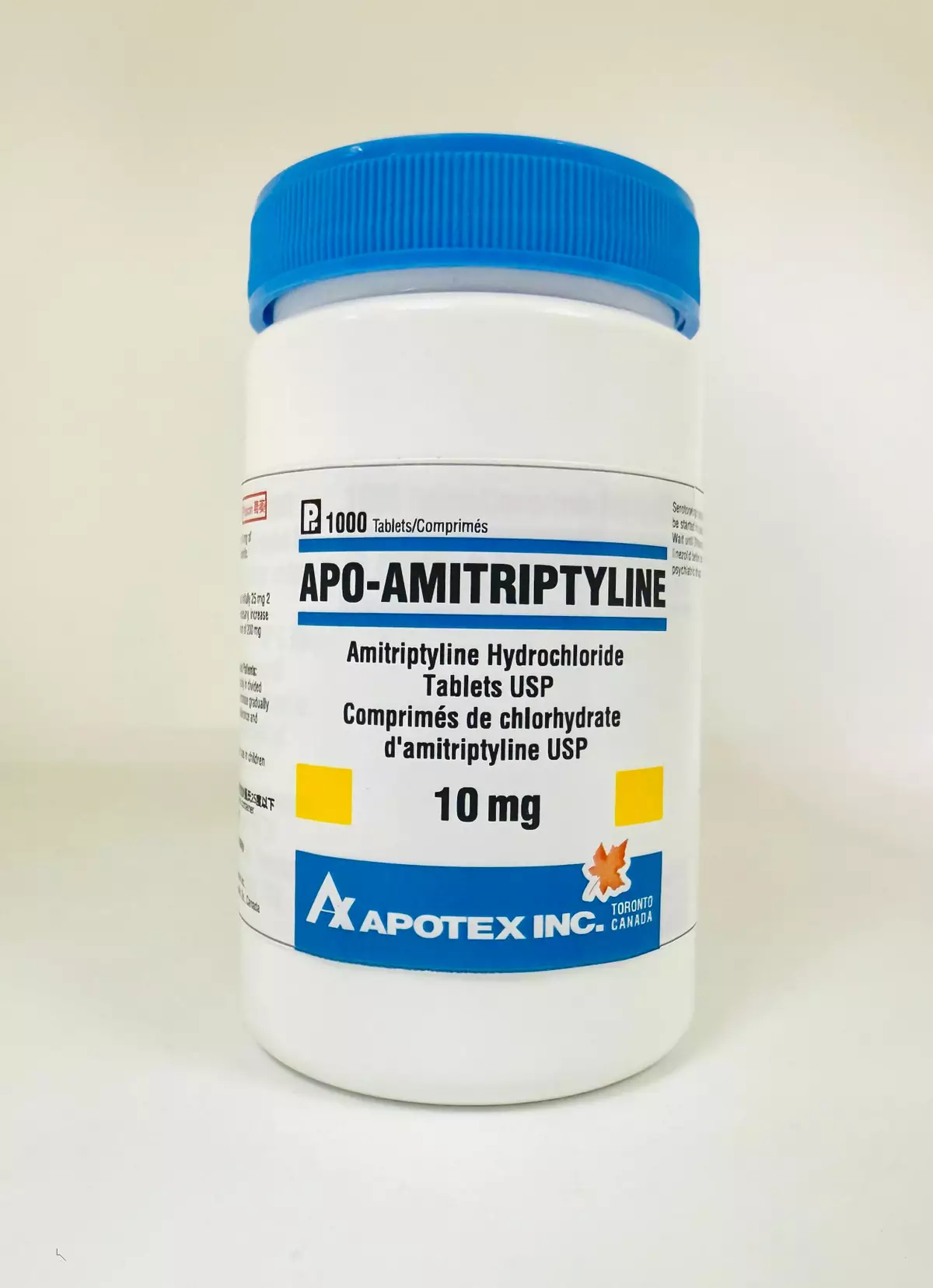
The DH received notification from Hind Wing that the overseas manufacturer of the products is recalling the above batches of Apo-amitriptyline tablets as they exceed or may exceed the accepted level of an impurity, N-Nitrosonortriptyline (NNORT). NNORT is classified as a probable human carcinogen based on results from laboratory tests. As a precautionary measure, Hind Wing is voluntarily recalling the affected batches of products from the market.
The above products, containing amitriptyline, are prescription medicines used for the treatment of depression. According to Hind Wing, the above batches of products had been imported into Hong Kong. The affected batches of products had been supplied to the DH clinics, pharmacies, private doctors, and private hospitals, and re-exported to Macao.
Hind Wing has set up a hotline (2541 5731) to answer related enquiries.
"So far, the DH has not received any adverse reaction reports in connection with the products. The DH will closely monitor the recall," a spokesman for the DH said.
"Patients who are taking the above products should not stop taking the medicine, but should seek advice from their healthcare professionals as soon as possible for appropriate arrangements," the spokesman added.
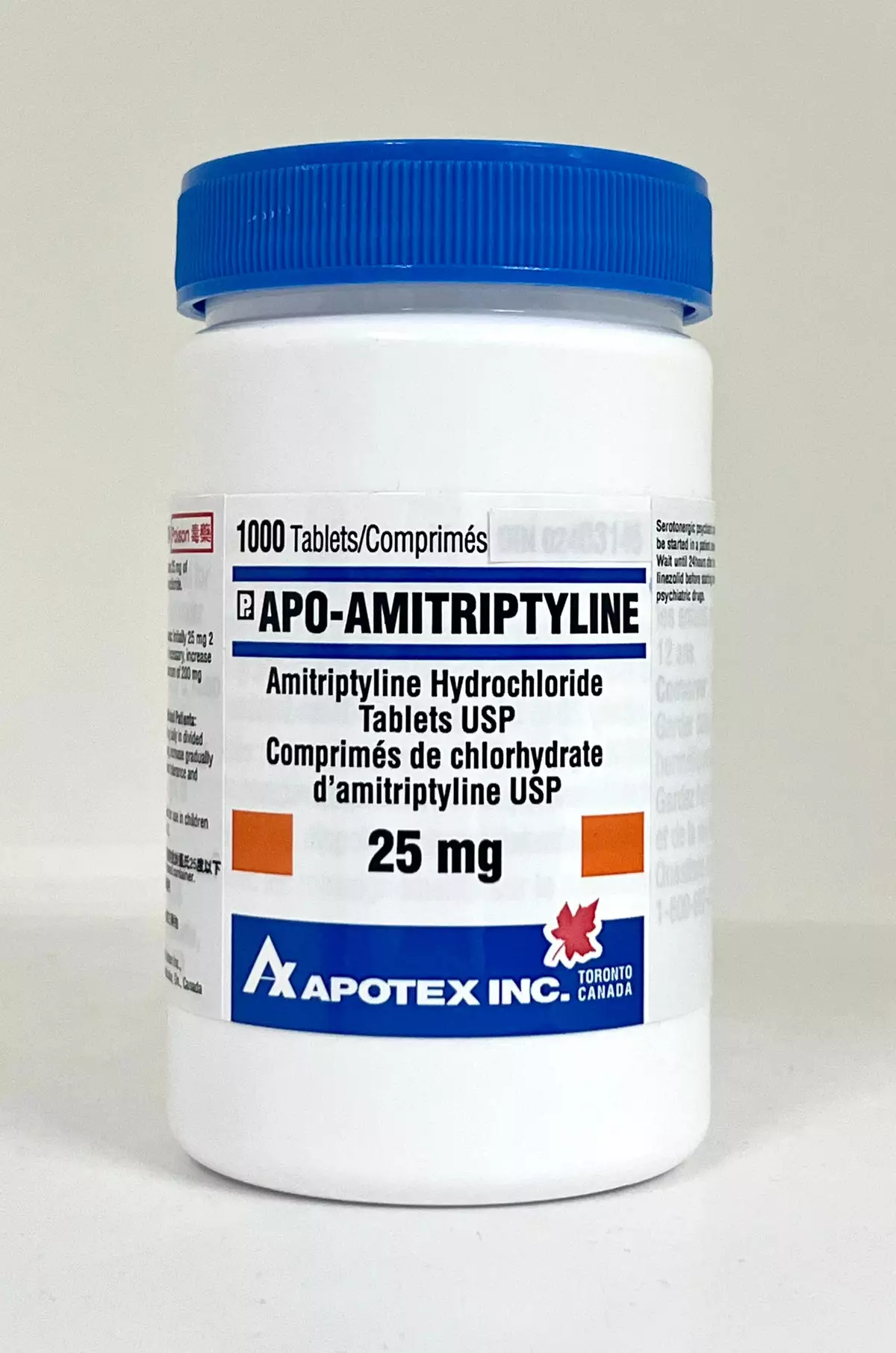
Batch recall of two products of Apo-Amitriptyline tablets due to presence of impurity Source: HKSAR Government Press Releases

Batch recall of two products of Apo-Amitriptyline tablets due to presence of impurity Source: HKSAR Government Press Releases
Follow-up action taken by DH on suspected closure of private healthcare facilities
The Department of Health (DH) said today (May 2) that it was very concerned about the suspected closure of certain private healthcare facilities and was working with the relevant law enforcement departments through an inter-departmental task force to actively follow up on the incident. In addition, the DH will provide vaccination service to children affected by the incident in accordance with the established arrangements under the Hong Kong Childhood Immunisation Programme (HKCIP), which is free for eligible children.
Vaccination service for children affected by the incident
All 29 Maternal and Child Health Centres (MCHCs) under the DH provide vaccination service for infants and young children from birth to five years of age under the HKCIP. The Scientific Committee on Vaccine Preventable Diseases under the Centre for Health Protection (CHP) of the DH holds regular meetings and gives science-based advice and recommendations to the CHP regarding the types of vaccines to be incorporated into the HKCIP from the public health perspective in a timely manner. Currently, the DH provides free vaccination services for eligible children under the HKCIP for the prevention of 12 communicable diseases with public health significance, namely tuberculosis, hepatitis B, poliomyelitis, tetanus, pertussis, measles, diphtheria, mumps, rubella, varicella, pneumococcal infection, and human papillomavirus infection. For other vaccines that are not included in the HKCIP due to scientific evidence, parents can consult their family doctors and consider to arrange vaccination for their children according to their personal needs.
On average, over 90 per cent of locally born babies visit MCHCs for Child Health Services including immunisation every year. For children affected by the incident and have been registered with one of the MCHCs, their parents may make an appointment by calling the registered MCHCs (see Annex) to consult the healthcare staff at the MCHCs on the vaccinations that their children need to receive in the future. For a small number of children who have not been registered with the MCHCs, parents may call the hotline (2125 1188), which will operate from tomorrow (May 3) from 9am to 5pm daily until further notice. Parents can also send emails to dhhelpdesk_2501@dh.gov.hk or WhatsApp messages to 6170 8006 respectively for enquiries. Information on the services and booking procedures of the MCHCs is available at www.fhs.gov.hk.
Even if a child has received some of the vaccinations in private hospitals or clinics, healthcare professionals at the MCHCs can verify and assess the remaining vaccinations that a child needs to receive according to the recommendations of the HKCIP through the Electronic Health Record Sharing System (eHRSS) or the hardcopy of immunisation records provided by the parents and arrange for the remaining vaccinations for the child in a timely manner to safeguard his/her health.
Other follow-up actions on suspected closure of private healthcare facilities
Under the existing legislation regulating the healthcare professions, vaccines are required to be prescribed by registered medical practitioners. The conduct of the registered medicalpractitioners is regulated by the Medical Council of Hong Kong (MCHK) and the laws governing the conduct of the relevant professions. If any registered medical practitioner is suspected to have breached professional conduct in this incident, the DH will refer the case to the MCHK for necessary follow-up action. As for business arrangements involving the provision of healthcare services which are outside the scope of professional conduct (e.g. commercial marketing and charging etc) and are regulated by other relevant legislations. The Government has set up an inter-departmental task force to follow up on the matter.
Meanwhile, the Government will temporarily remove the name of the private healthcare facilities from the Primary Care Directory, the Vaccination Subsidy Scheme and the Elderly Health Care Voucher Scheme.





